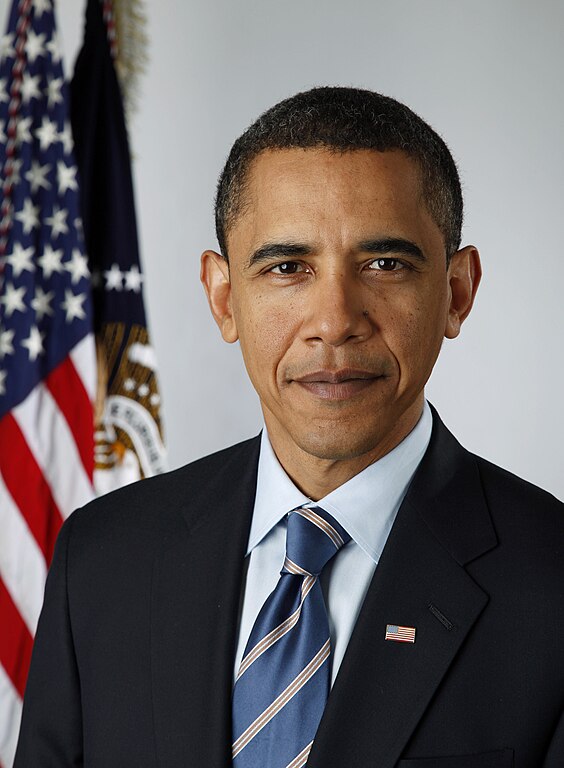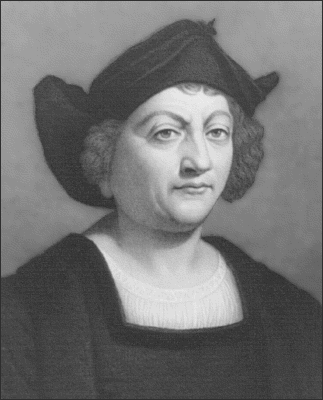.jpg)
In Thomas Jefferson's INaugural address, all minds were focused on the rivalry between the Federalist Party and the Republican, or Anti-Federalist Party. Surprisingly, Jefferson, rather than insulting the Federalists, commended the fact that the differences in opinion of the two parties were allowed to be shared freely, regardless of confrontations. This settled the Federalists, as they were upset about losing power in the government. In the address, Jefferson spoke about how good, strong government would protect the people from injustics, and uphold the freedom of the persuit of happiness. Additionally, he promised that property of United States citizens would never be unjustly taken, and that equal and exact justice will be given to all men. In terms of foreign policy, he spoke of peaceful and honest relations with other countries, and, like Washington, talked about not being involved in entangling alliances.
 Like Jefferson, Obama discussed important issues of the nation and his plans to fix the problems. Additionally, he payed respects to his competing candidate.
Like Jefferson, Obama discussed important issues of the nation and his plans to fix the problems. Additionally, he payed respects to his competing candidate.

 Lewis and Clarke were explorers similar to Columbus. Like Columbus, they explored the New World, however for them, it was only the United States. Additionally, their relationship with the Natives were quite good, as they relied on them for navigational help, unlike Columbus.
Lewis and Clarke were explorers similar to Columbus. Like Columbus, they explored the New World, however for them, it was only the United States. Additionally, their relationship with the Natives were quite good, as they relied on them for navigational help, unlike Columbus.
 The 22nd Amendment restricts the President to 2 terms in office. This was created in example of Washington's 2 terms, to prevent one man from having power for too long.
The 22nd Amendment restricts the President to 2 terms in office. This was created in example of Washington's 2 terms, to prevent one man from having power for too long.

 Similar to Washington's Proclamation of Neutrality in 1793, The United States decided to remain neutral in European powers upon the outbreak of WWII. However, later in the war, the United States joined the Allies.
Similar to Washington's Proclamation of Neutrality in 1793, The United States decided to remain neutral in European powers upon the outbreak of WWII. However, later in the war, the United States joined the Allies._-_02.jpg)
 The Bill of Rights was passed after the Federalist #10 by the same men. However, The Federalist Papers were originally opposing the Bill of Rights because they were afraid that it would be misinterpreted that the rights listed on the Bill of Rights were the only rights that the people had.
The Bill of Rights was passed after the Federalist #10 by the same men. However, The Federalist Papers were originally opposing the Bill of Rights because they were afraid that it would be misinterpreted that the rights listed on the Bill of Rights were the only rights that the people had.